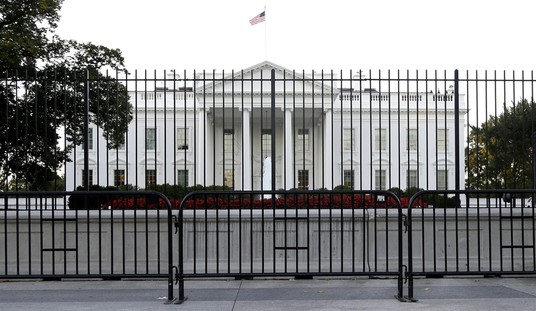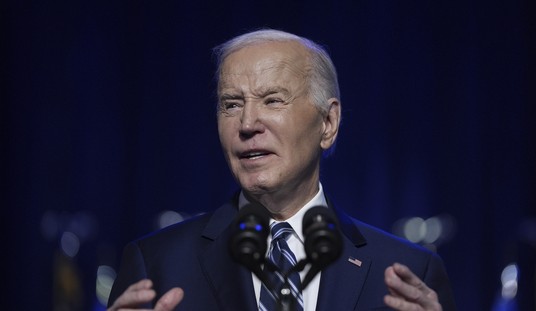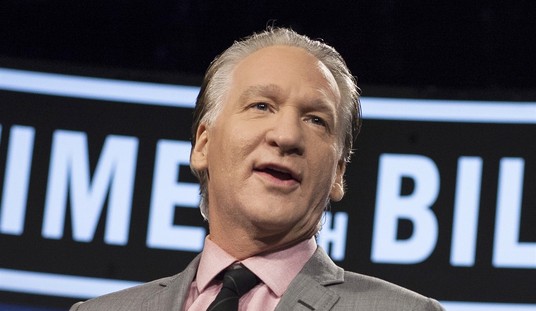These people, dressed as they are, come from all over the United States to make deals, right here, in the marketplace of America. That’s right, folks; it’s time for Let’s Make a Deal! And now, here’s America’s top trader, TV’s big dealer…..Monty Hall.
Starting in 1963, people learned how to negotiate by watching television.
The contestants on Let’s Make a Deal would play a game, earn some money, then wheel and deal for additional cash and so-called valuable merchandise.
If they won, as someone always did, terrific! If they lost, oh well.
The common denominator for all of the competitors was that it was other people’s money, specifically the sponsor’s cash.
Forcing people to make decisions within the show’s allotted time slot was the job of the emcee, the illustrious Monty Hall.
He had to keep the show entertaining and timely, while also finding a few moments to squeeze in some commercials.
After all, the sponsors were paying the bills.
Our latest game show entertainment, the U.S. Congress, has a few similarities to Let’s Make a Deal. The players come from all over the United States; they’re using other people’s money, and if they lose, oh well.
In addition, most of the same participants return to play the game again and again. While television game show producers learned that recurring contestants made for better TV ratings, U.S. voters have yet to learn that repetitive legislators are typically the recipe for really bad government.
The most significant difference between Let’s Make A Deal and Congress is the lack of an emcee, someone to make sure the contestants understand the rules of the game, force them to actually make decisions, finish the game in a timely manner in order for the last commercial to be played, and make the contestants question what they believe and then “deal” with them accordingly.
Recommended
The alleged “fiscal cliff,” as of this writing, has yet to be averted. More than likely, in television parlance, a “stay tuned till next time” will be enacted.
What the legislators have failed to realize is that every game show has a winner and a loser, the game is played to the best of everyone’s ability, and then the chips fall where they may. If everyone stayed true to their convictions, prolonging the game would do absolutely nothing to change the inevitable winner.
Understanding that the professed “fiscal cliff” is just a game show certainly helps to clarify things a whole lot better.
Where, oh where, is the great Monty Hall when we need him? If only our lawmakers in Washington, D.C. could just say, “I’ll take Door #3, Monty.”
Wishing all of you a happy, healthy, and prosperous New Year!
























Join the conversation as a VIP Member